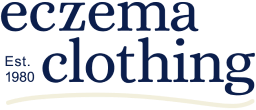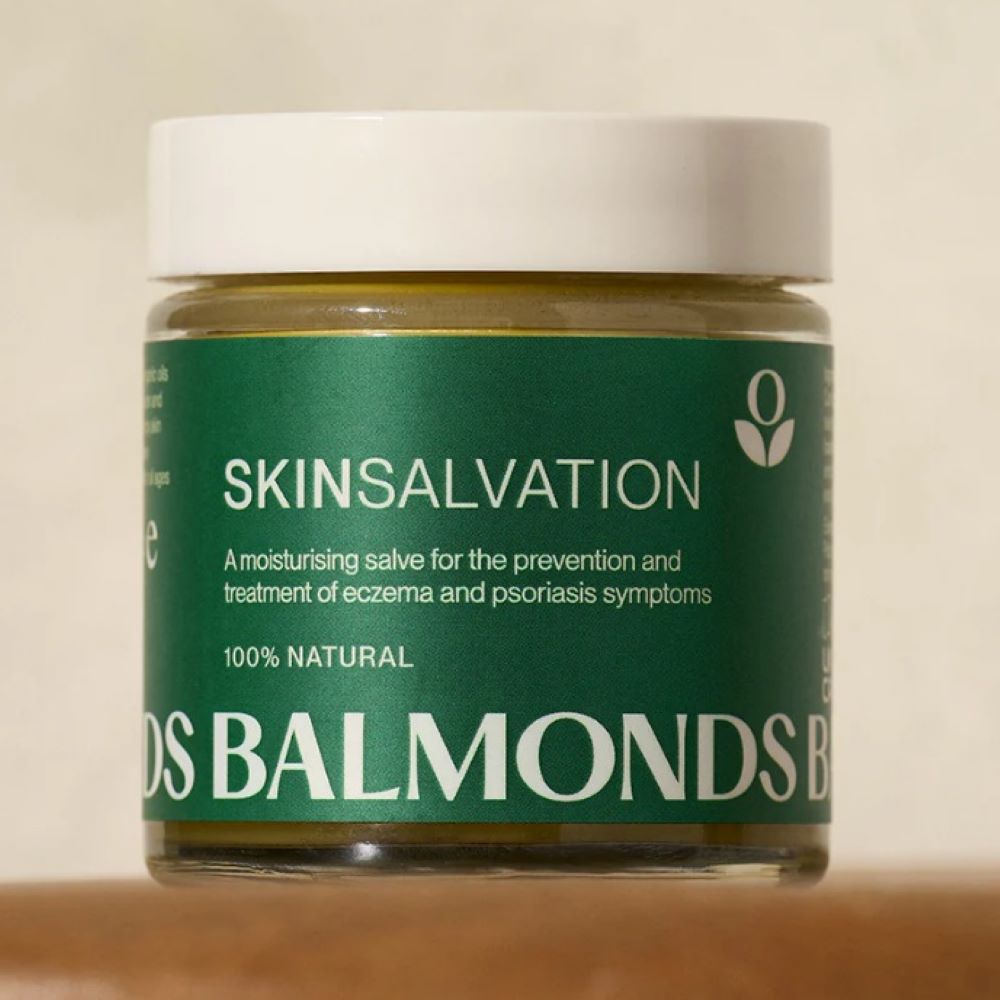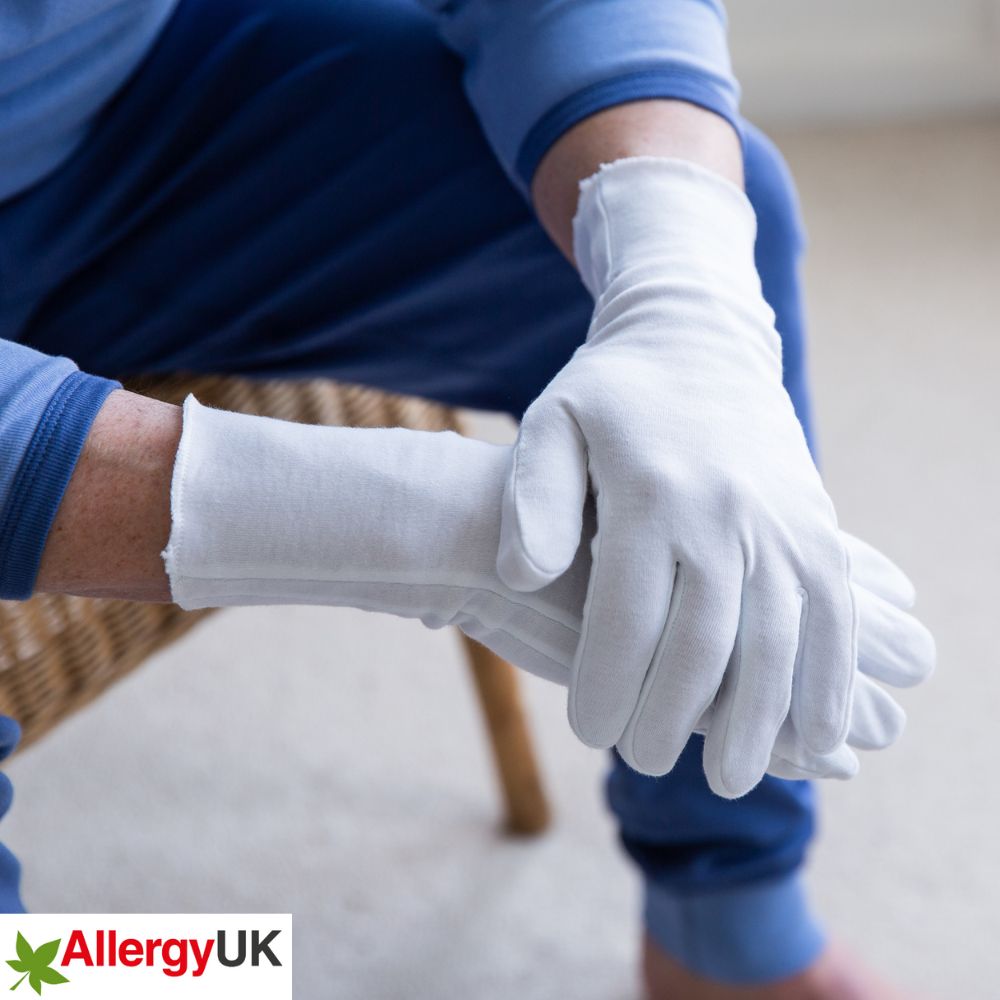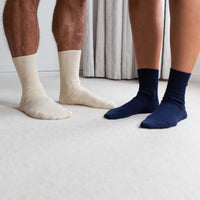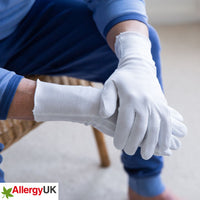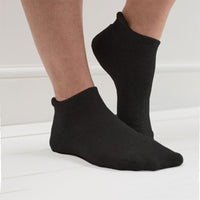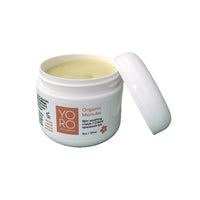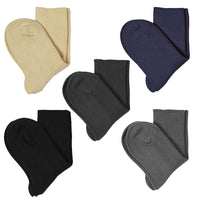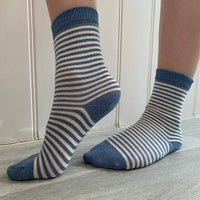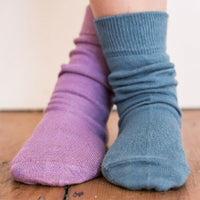
Sustainable Fashion is making a difference – thanks to people like you!
Sustainable Fashion is making a difference – thanks to people like you!
On World Earth Day, we take a look at how Fast Fashion is impacting our planet and people, and what we can all do about it.
And give yourself a pat on the back - you’ve made a good start just by being one of our customers!
Fast fashion has revolutionised the clothing industry - but not for the better.
The global fashion industry...
👕produces 150 billion garments a year and a huge 87% end up in landfill
🛢️makes 62% of clothing from petroleum / crude oil based materials like polyester
🌍is a heavy polluter – using highly toxic dyes and heavy metals which are flushed into rivers where they harm ecosystems and sicken people and animals
🌳chops down 150 million trees to create cellulosic fabrics like rayon or viscose
💨is responsible for 4% of all greenhouse gas emissions
🌊accounts for 35% of all microplastics in the ocean – from the washing of synthetic clothes
❌is the 2nd biggest contributor to ‘modern slavery’ (workers paid less than min wage) with child labour being common
The average person today buys 60% more items of clothing than they did 15 years ago but keeps them only half as long! Only 1% of all discarded clothing is actually recycled.
(Statistics sourced from Earth Day: The Official Site | EARTHDAY.ORG)
How can you make a difference?
- Buy less and shop for quality over quantity
- Choose natural materials – organic cotton, linen or hemp
- Buy 100% recycled materials if you buy synthetics e.g. 100% recycled polyester
- Research brands to identify those that are ethical and practice transparency and sustainability
- Buy second hand clothing and swap clothes in a swap group or start one yourself
- Learn how to repair your clothes – the longer they are kept the lower their footprint on the planet
What are we doing about it?
We manage two ‘brands’ here - Eczema Clothing and Cotton Comfort.

✔️We choose brands and garments that are first and foremost kind on the skin.
✔️Our next absolute requirement is that the fabrics used are natural. We stock mainly Organic Cotton with a small number of Silk and Tencel garments.
✔️The garments also need to be of high quality so they last a long time.
✔️The brands we work with need to demonstrate strong credentials that covers the manufacture of their items including materials and employment conditions in their factories.

Cotton Comfort is our own in house clothing brand that we sell through our Eczema Clothing platform.
Click here to see the range.
✔️We only use 100% Organic Cotton in all of our clothes and no harmful dyes or chemicals are used in the process of manufacture.
✔️We make our clothes to a very high standard so they will wash and last well
✔️We use GOTS Certified factories in Ukraine, Turkey, Egypt and India which have high standards over the end to end process of manufacture and uphold high ethical standards which protect their workforce and supply chain. We have strong communications with them and visit them periodically (our next visit is to Turkey at the end of April).
✔️Our packaging is improving and we now only use recyclable or biodegradable plastic, we recognise we still have a way to go here. We are working with Tern (www.tern.eco/) on an exciting plan to recycle garments that you no longer want or can use.
 People Wear Organic (PWO) is a good example of a third party brand we stock at Eczema Clothing. We met them at a Sustainable Textile fair in Germany and were impressed with their small team who acts out of conviction and are intent on making a contribution to tomorrow’s world. They evaluate everything they do according to strict criteria of sustainability and fairness and demand transparency in the textile chain.
People Wear Organic (PWO) is a good example of a third party brand we stock at Eczema Clothing. We met them at a Sustainable Textile fair in Germany and were impressed with their small team who acts out of conviction and are intent on making a contribution to tomorrow’s world. They evaluate everything they do according to strict criteria of sustainability and fairness and demand transparency in the textile chain.They are GOTS Certified and the organic cotton comes from India and Egypt where it is processed into the finished garment by a small circle of carefully selected manufacturers they have personally visited and vetted.

GOTS Certification means:
- Raw fibres are 100% organically produced and controlled
- Any dyes or auxiliaries used are harmless to the environment
- Core standards of the International Labour Organization are complied with
- Compliance with the standard is checked annually by independent experts

